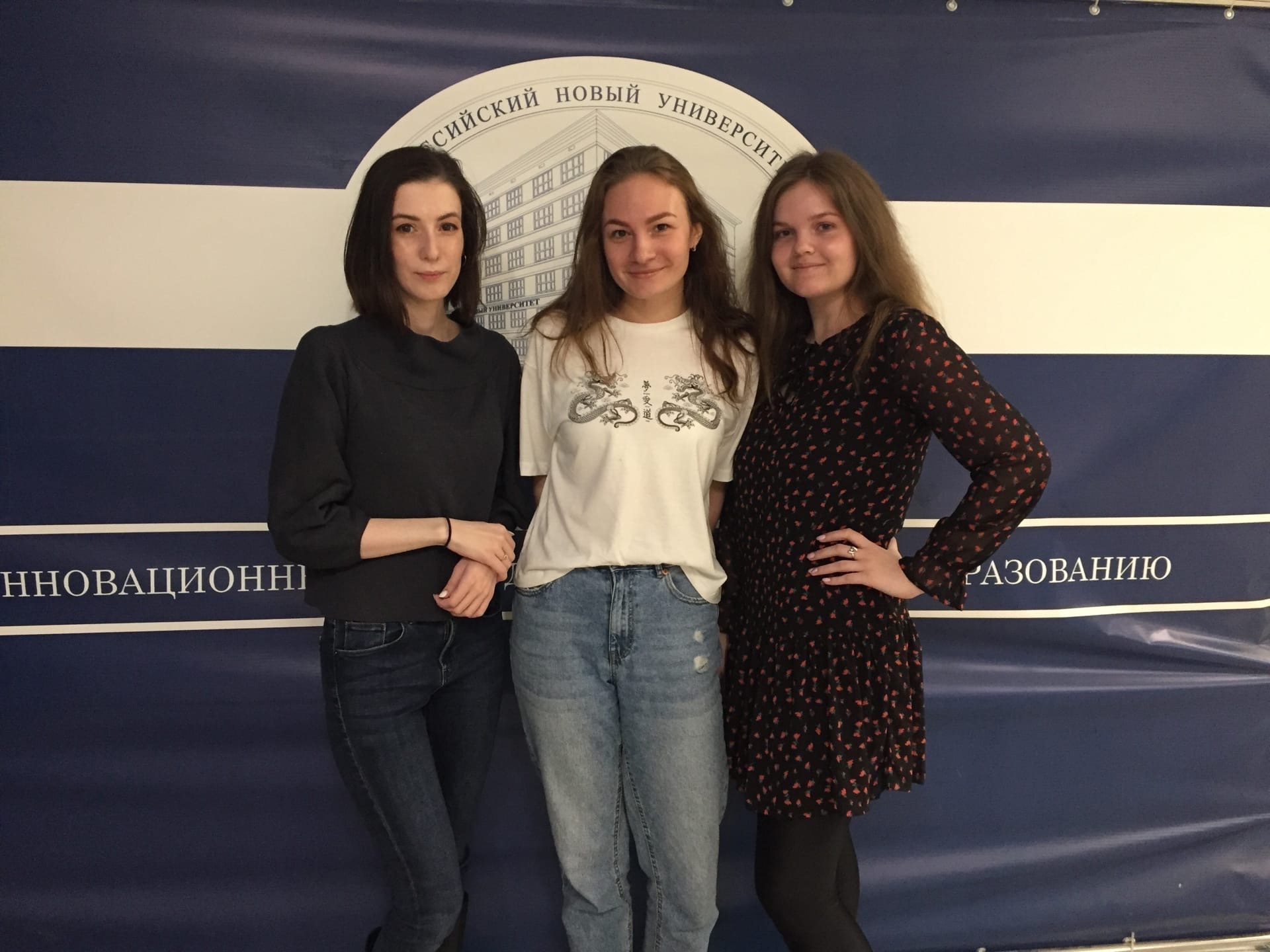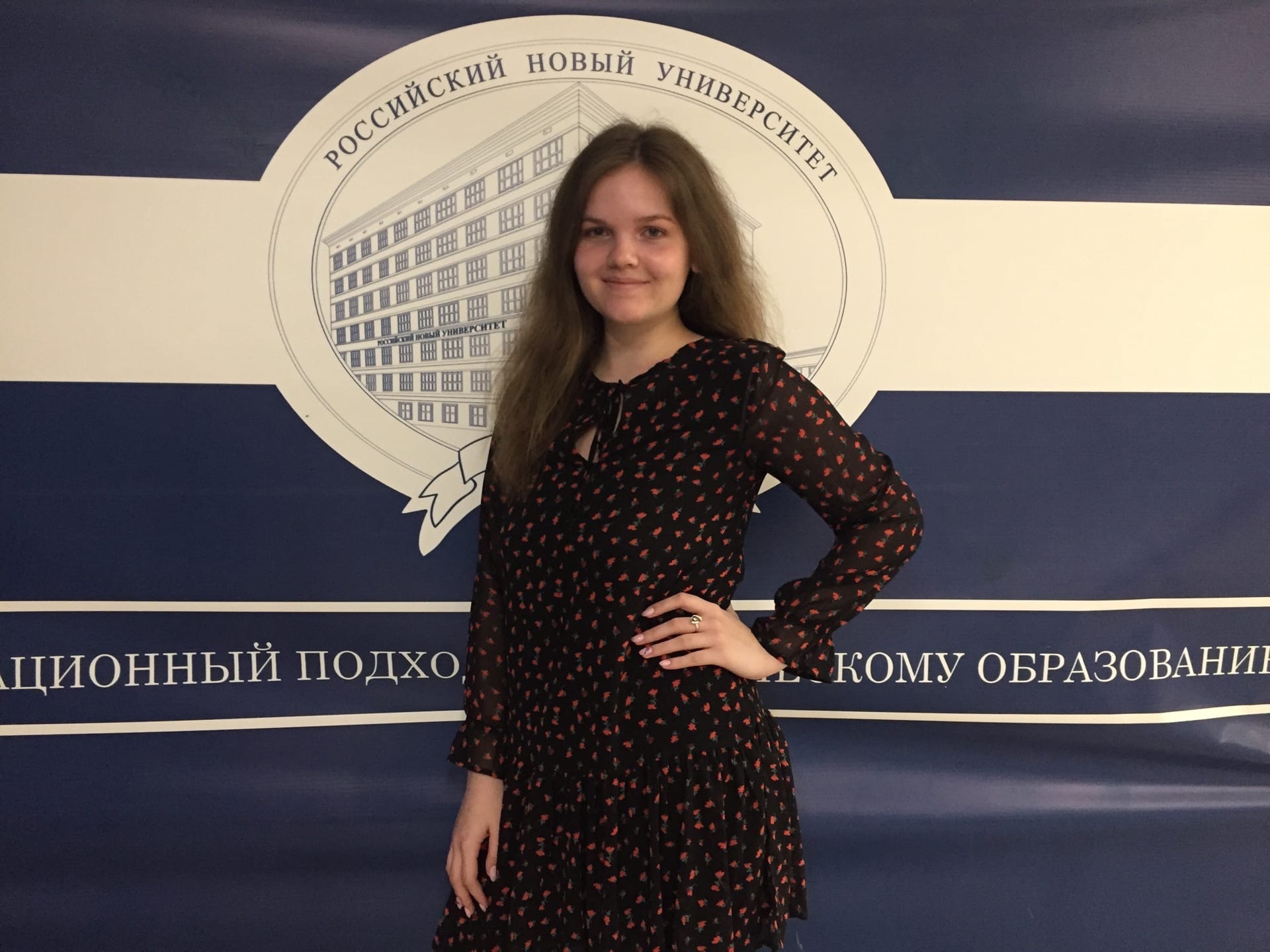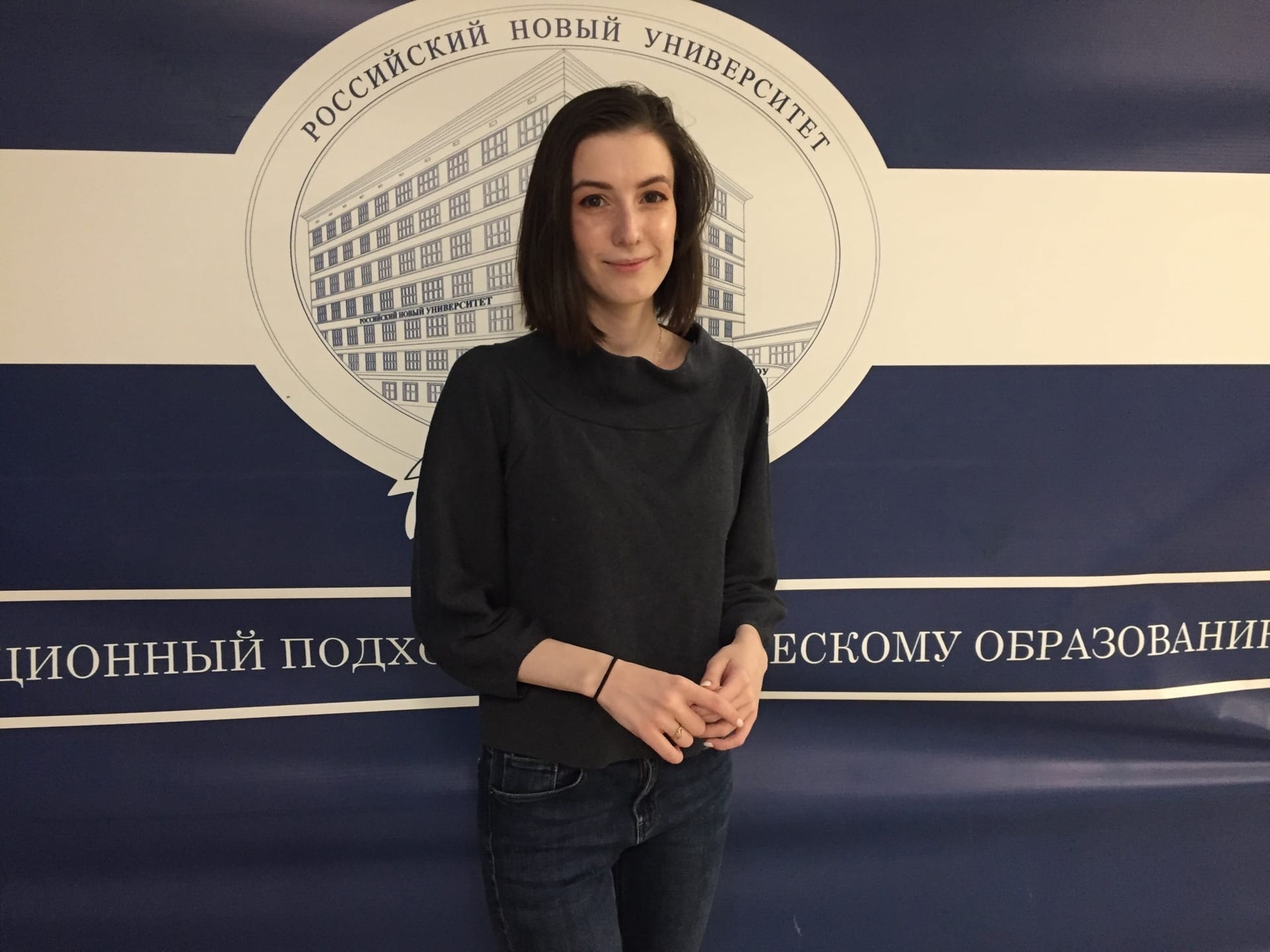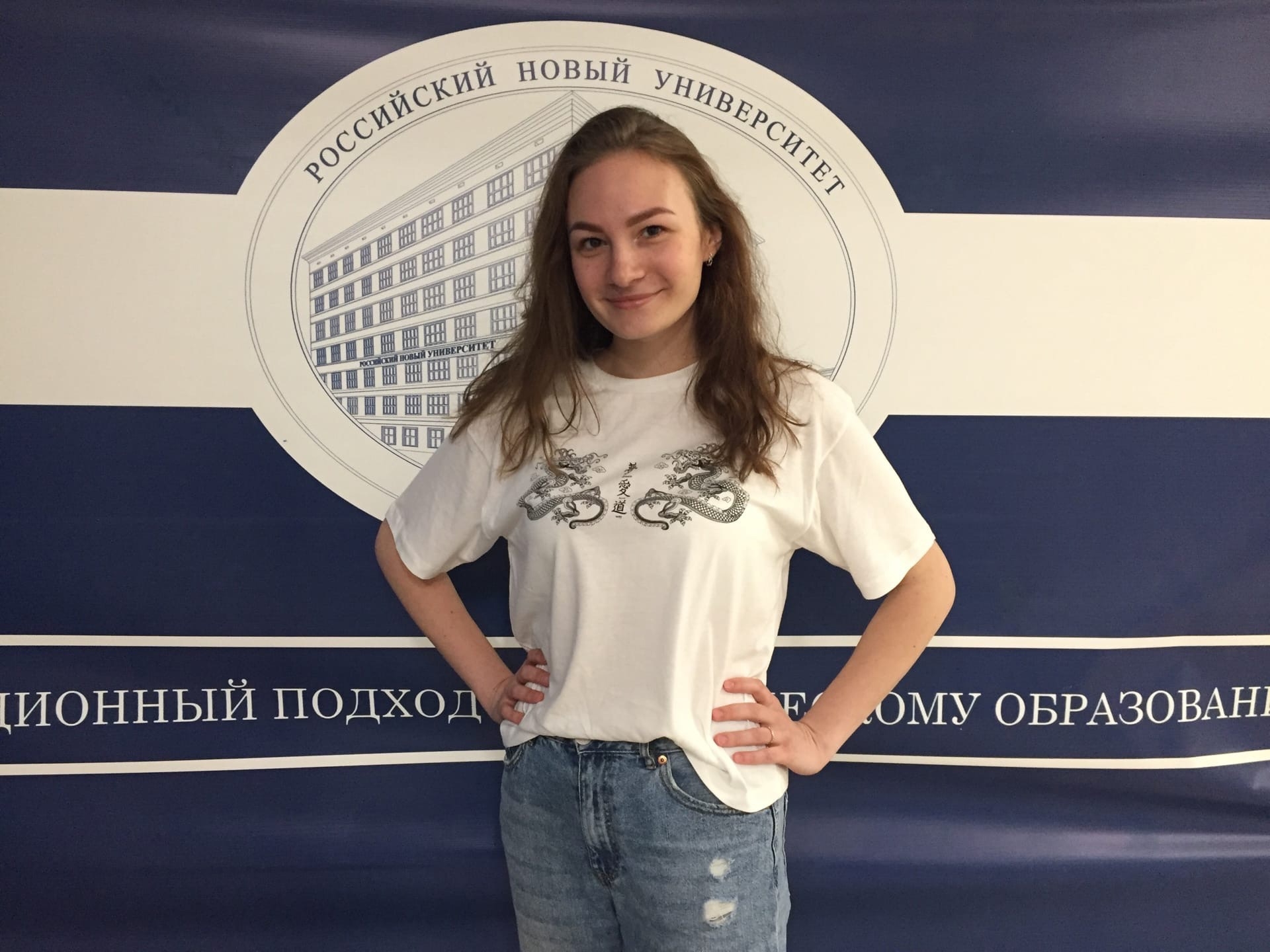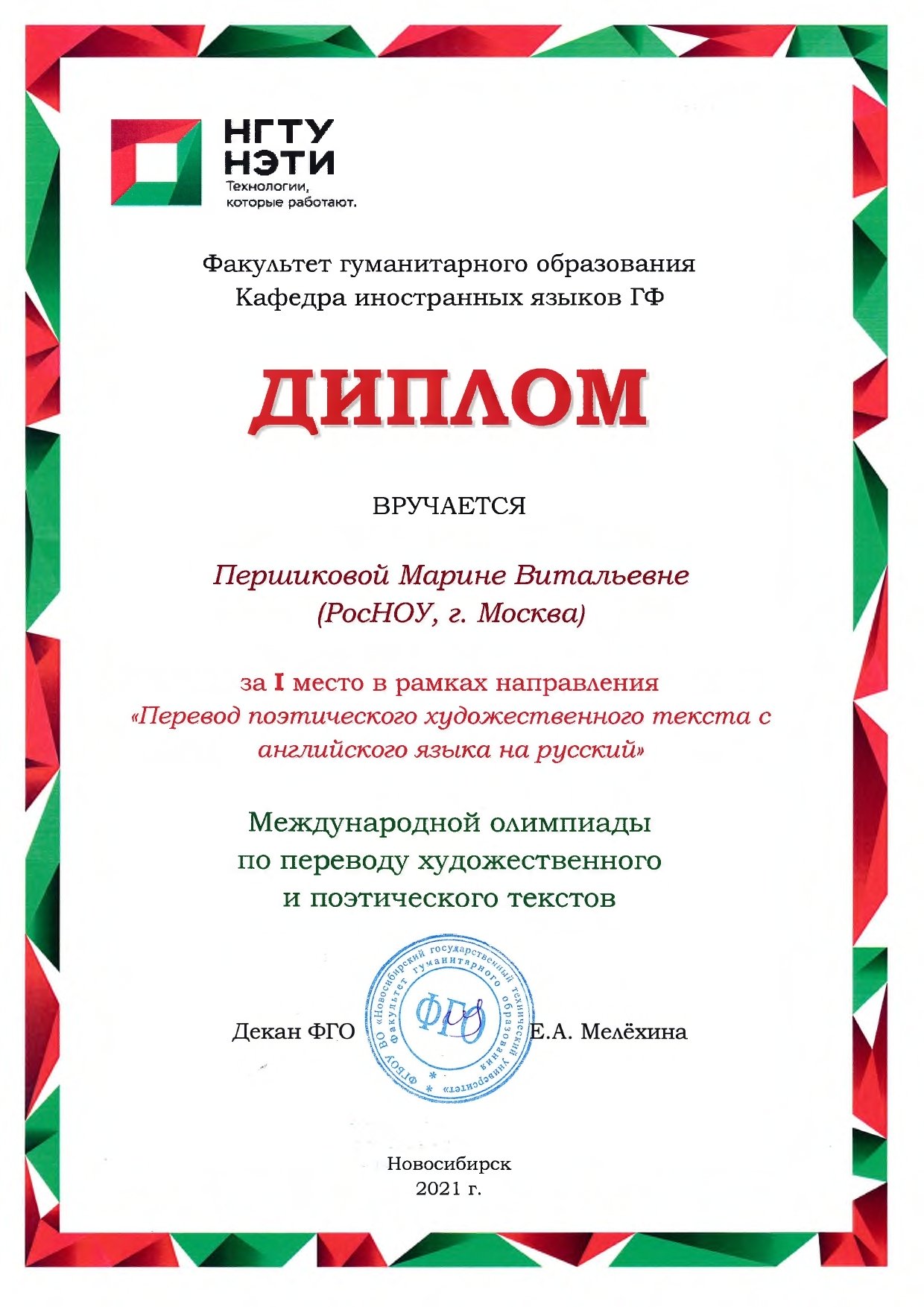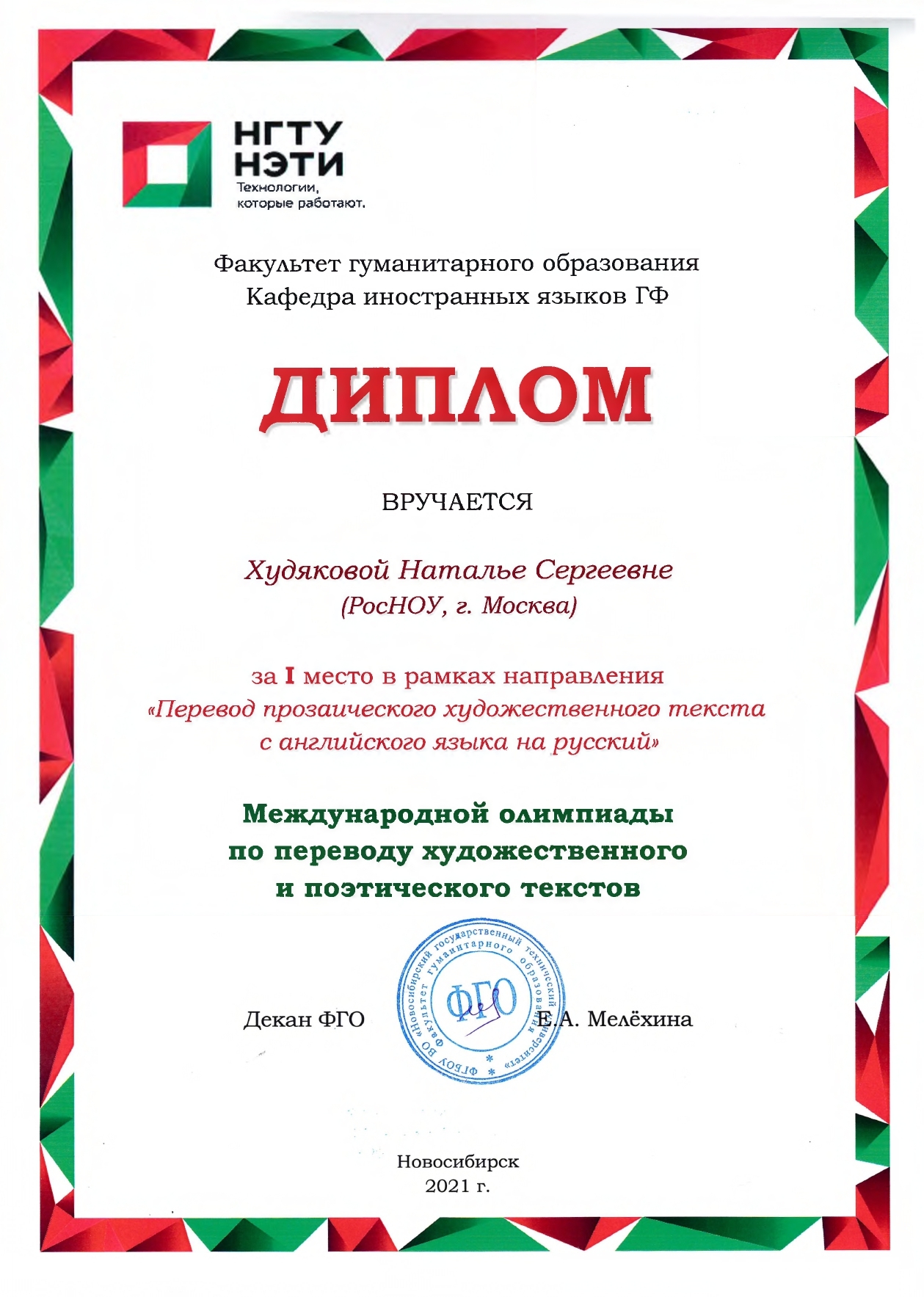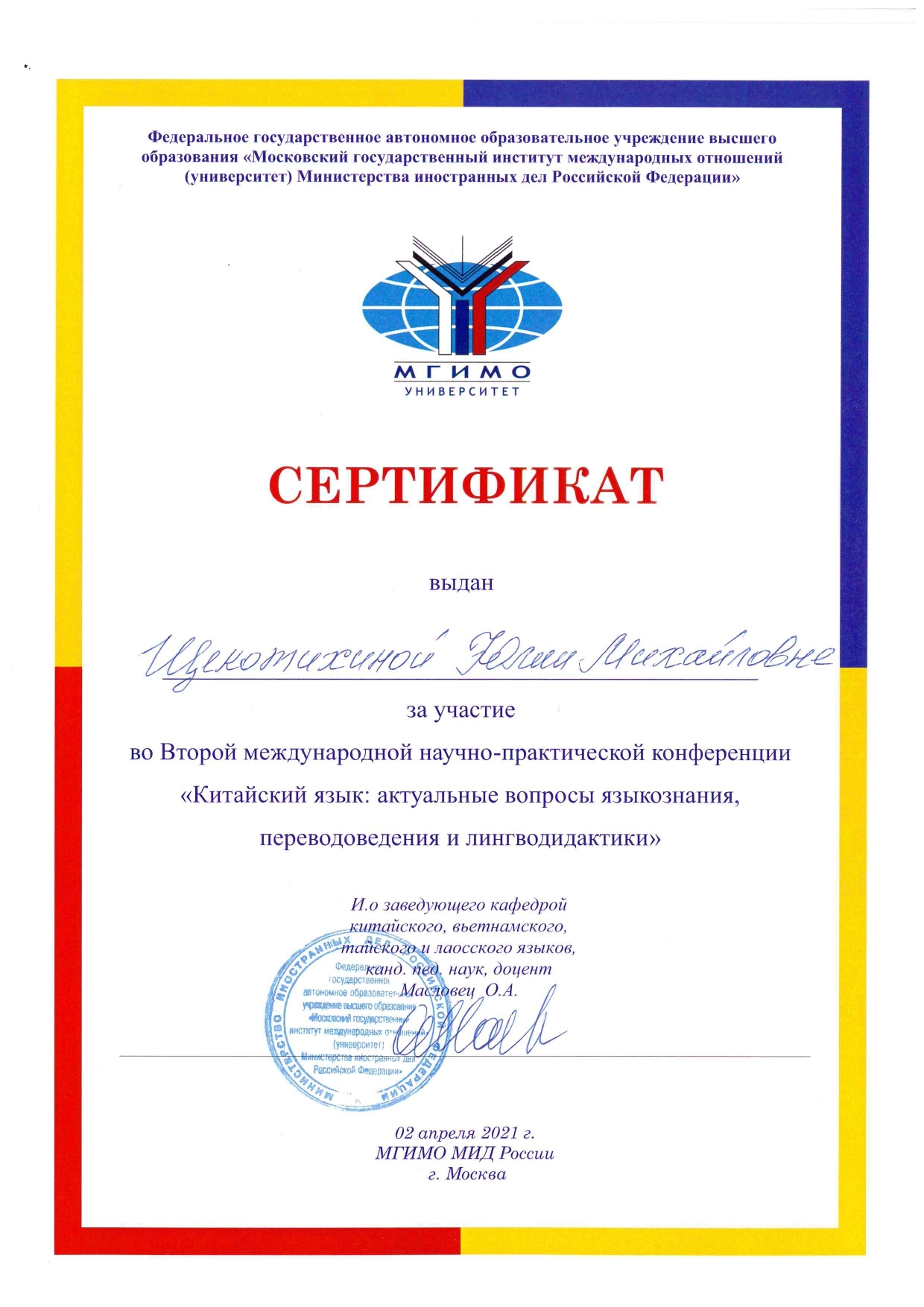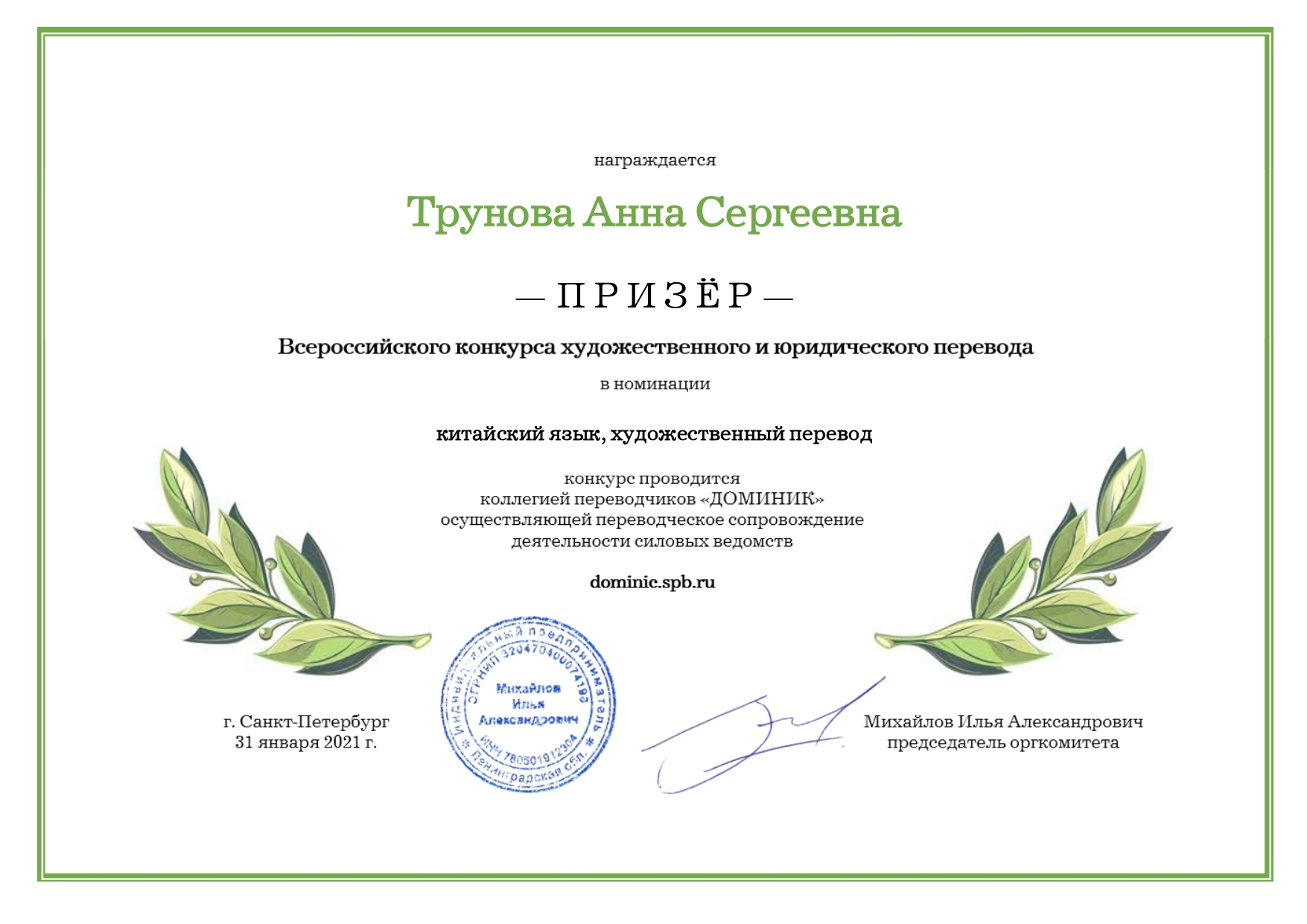Original text
The Other Side of Sorrow
Peter Corris
It was my day for visiting clinics. Dr Macleod’s setup went under the name of the Macleod Medical Clinic, according to the brass plate on the gate that gave pedestrian access. This was beside a driveway, also gated, and set into a high brick fence surrounding a half-acre block that commanded a good view across to the vast sprawl of Rookwood cemetery. The brass plate also listed Dr Macleod’s various degrees and diplomas. It was hard to guess from some of the initials exactly what medical fields they covered — and the institutions that had awarded them weren’t mentioned.
For me, I was dressed formally. Not the suit, but I’d exchanged my usual casual jacket for a blazer, my jeans for a pair of charcoal slacks and I had on a clean blue button-down shirt and black slip-ons. No tie. I fancied I looked the part of an energetic semi-professional pursuing his lawful occupation. The gun under my arm was licensed after all, even if the one held on a clip under the dashboard of the Falcon wasn’t and the lock picks attached to my key ring would cause any alert policeman to take them from me, put me behind some bars and see how I got on from there.
The wall was two metres high with a strand or two of razor wire on top. Top security. Maybe the doctor collected Old Masters. I pressed the intercom buzzer beside the gate, got a recorded message and stated my business. There was a humming noise and the gate clicked open. Inside I noted grass and cement in about equal amounts; a well-tended native garden with seats and benches. It looked as if the doc liked his patients to sit in the sunshine while they waited for him — or while they wrote out their cheques afterwards. I realised that I was making judgements on the basis of Ian Sangster’s information. Why not?
The main building was a long, low piece of colonial architecture, much modified over about a hundred years. A series of signs directed deliveries to the back, patients to one verandah entrance, business callers to another. My visit to the other clinic had filled me with confidence about my robust health; I was here on business.
I responded to a ‘Please Open’ sign on a door and found myself in a waiting room that resembled something you’d see in an accountant’s office. Leather armchairs, low table, business magazines. A disembodied voice said, ‘Please make yourself comfortable. Dr Macleod will be with you in a moment. Please avail yourself of the refreshment facilities.’ This meant a coffee machine and a fresh juice dispenser. I made a cup of coffee and sat down. The seat hissed under me the way well-upholstered vinyl pretending to be leather will and I felt better. The coffee was lousy.
Natalia’s translation
Обратная сторона скорби
Питер Коррис
Сегодня я решил сходить в клинику. На воротах заведения, принадлежащего некоему доктору Маклауду, висела медная табличка, на которой так и указано было: «Медицинская клиника доктора Маклауда». Ворота, кстати, были уже вторые по счёту; первые меня встретили одной подъездной дорожкой ранее, большие ворота с не менее большим кирпичным забором, захватившим площадь в половину акра, но зато открывавшим прекрасный вид на Руквудское кладбище. Помимо названия учреждения, на табличке красовались ещё и всевозможные степени и грамоты доктора Маклауда. Некоторые сокращения для меня так и остались загадкой: понять, что это за сфера медицины вообще, было затруднительно — да и организации, выдававшие все эти дипломы и звания, указаны также не были.
Но поговорим обо мне. Внешний вид — серьёзно-официальный. Не костюм, конечно, но и не привычные куртка с джинсами, а пиджак и угольно-серые брюки. Даже рубашку чистую надел, синюю, и слипоны черные. Только галстук отсутствовал. В общем, впечатление производилось, вроде бы, человека делового, энергичного, этакого полупрофессионала, легально исполняющего свои легальные обязанности. И даже пистолет у меня в кобуре находился более чем легально, с лицензией на владение («нелегальный»-то я оставил в машине, скрытым под приборной панелью). А, ну отмычки ещё болтались в ключнице, вызывая у любого мало-мальски бдительного полицейского желание их отобрать, меня посадить за решетку и смотреть, как я справлюсь с такой преградой.
Забор был высотой метра два, с колючей проволокой сверху. Уровень безопасности — максимальный. У доктора там что, коллекция полотен кисти величайших мастеров древности? В общем, я вдавил кнопку домофона и сообщил откликнувшемуся автоответчику о цели своего визита. Затем раздалось тихое жужжание, и, со щелчком, ворота распахнулись передо мной, впуская внутрь. Двор представлял собой практически в равных количествах распределённые зелень и бетон; повсюду ухоженные аллеи со стульчиками да скамеечками. Всё ради того, чтобы пациентам было где наслаждаться лучами солнышка в ожидании приёма — и чтобы было потом куда присесть, выписать чек за этот самый приём. Хотя, кажется, свои выводы я делаю, основываясь на известной мне уже информации. Но почему бы и нет, впрочем?
Главное здание — низкое и вытянутое вширь, выполнено было колониальном стиле, однако сильно видоизменилось и поистрепалось за последнюю сотню лет. Повсюду указатели, посылающие каждого в нужные направления: доставка — к черному входу, пациентам — в другую сторону, на вход с веранды, а кто заявился с деловым предложением, тем — в ещё более другую сторону, противоположную. В качестве пациента я уже приходил в другую клинику, где получил уверения в крепости моего здоровья; здесь же я исключительно по работе.
Следуя указаниям написанного на двери «Пожалуйста, заходите», я оказался в приёмной комнате, очень схожей с приёмными любого среднестатистического офиса. Кожаные кресла, низкий журнальный столик, бизнес-журналы на нем же. Не имеющий обладателя голос учтиво выдал: «Прошу, устраивайтесь поудобнее. Доктор Маклауд сейчас подойдёт. Можете воспользоваться всеми необходимыми удобствами». Под «удобствами» подразумевались, видимо, кофеварка и автомат со свежевыжатым соком. Кофе я себе сделал, опустился на диван, заскрипевший подо мной типичным звуком замаскированного под кожу винила. Сразу полегчало на душе. Правда вот кофе на вкус — паршивей некуда.
